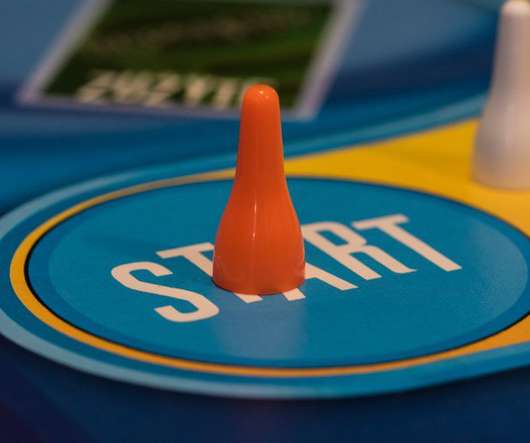Coping with information
Clark Quinn
FEBRUARY 2, 2023
Dawson frames elements in terms of how our brain works, which makes sense. I’ve been, and remain, a fan of Harold Jarche’s Personal Knowledge Management ( PKM ). He grounds much of his arguments in the natural ways our brains work, which I also am a fan of. He was perfectly coherent then and is again here.















Let's personalize your content